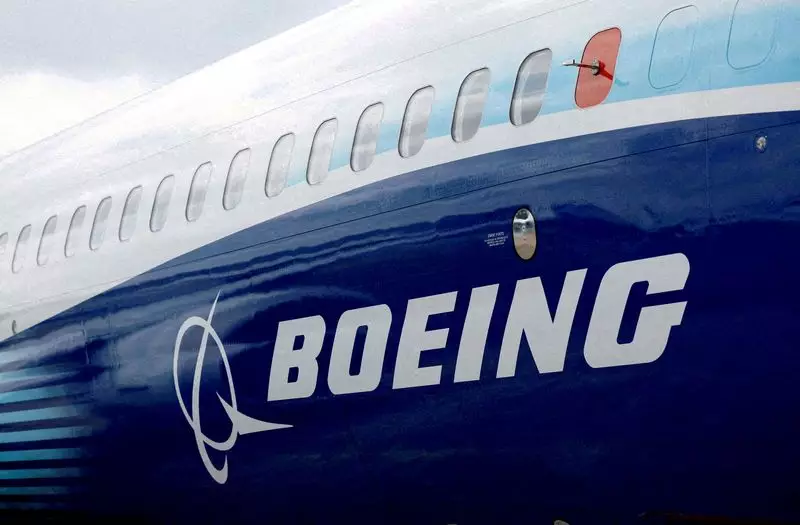The aviation industry is currently facing significant challenges in terms of supply chain disruptions, aircraft delays, and the struggle to reduce carbon emissions. The recent Farnborough Airshow, which typically sees a flurry of orders for passenger jets from industry giants like Boeing and Airbus, did not meet the usual expectations due to various issues plaguing the industry. Airbus is facing difficulties in reaching output goals while Boeing is adopting a low-key posture amid safety concerns following a 737 MAX incident earlier in the year.
Despite the overall subdued atmosphere at the airshow, there are still potential deals in the pipeline. Virgin Atlantic is close to placing an order for Airbus A330neos, while Flynas, a Saudi low-cost carrier, is considering ordering up to 30 of the same widebody aircraft. Additionally, Japan Airlines is expected to finalize tentative orders for jets, and leasing interest for Boeing 737 MAX planes is still present. Turkish Airlines is also in negotiations to purchase Boeing jets, indicating that there is still some activity in the market despite the challenges.
With the focus shifting towards addressing supply chain blockages and speeding up aircraft deliveries to airlines, the industry is working on finding solutions to the current issues. The pandemic severely impacted aviation, leading to a collapse in air travel followed by a sharp rebound. This rapid turnaround has left airlines struggling to cope with labor and parts shortages. The situation has been further exacerbated by Boeing’s production slowdown of the 737 MAX, necessitated by safety concerns.
The aviation industry, heavily dependent on government-funded programs, is closely monitoring the political landscape in various Western democracies. With new developments like a Labour government in Britain, a fragmented parliament in France, and the upcoming election in the United States, there is a sense of uncertainty and volatility in the industry. Aerospace and defense companies are assessing the implications of these political changes on their operations and programs, highlighting the need for adaptation and resilience.
Amidst these challenges, sustainability remains a key focus for aerospace giants and airlines. The industry is committed to reducing carbon emissions, even as they plan for significant expansion in global air travel. This commitment is reflected in the various sustainability panels and workshops at the airshow, underscoring the importance of environmental responsibility in the aviation sector.
On the defense side, attention is on critical issues such as the situation in Ukraine, potential delays to America’s future F-22 fighter replacement (NGAD), and a defense review by Britain’s new Labour government. With British Prime Minister Kier Starmer expected to attend the airshow, defense executives are keen to understand the potential impact of Labour’s review on defense programs and projects.
The aviation industry is navigating a complex landscape marked by challenges such as supply chain disruptions, safety concerns, and geopolitical uncertainties. However, amidst these challenges lie opportunities for innovation, collaboration, and sustainable growth. By addressing the current issues and adapting to the changing environment, the industry can pave the way for a resilient and thriving future in aviation.

